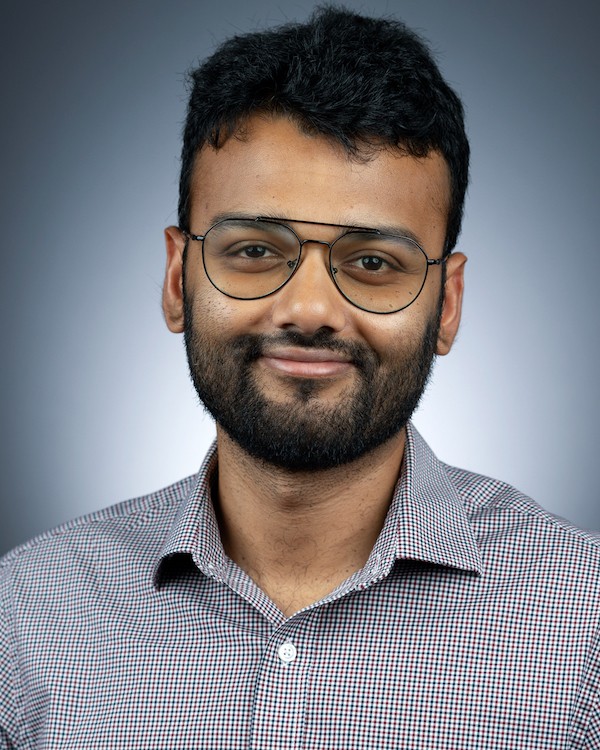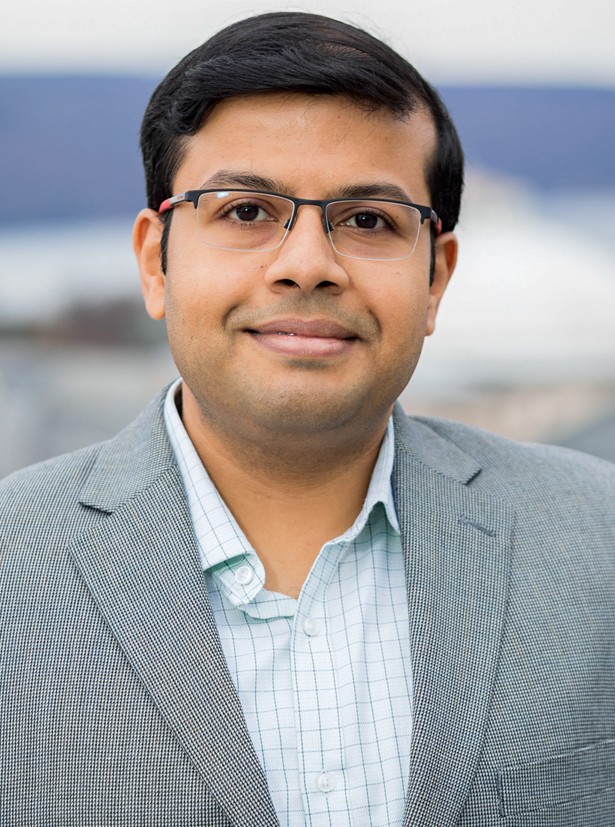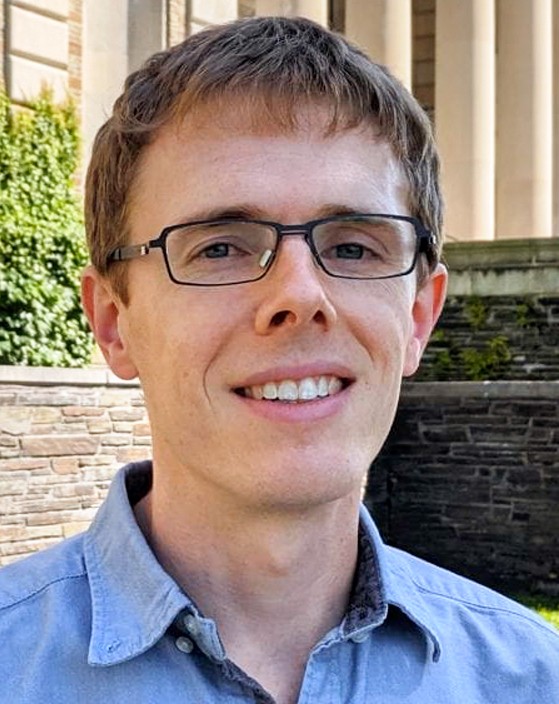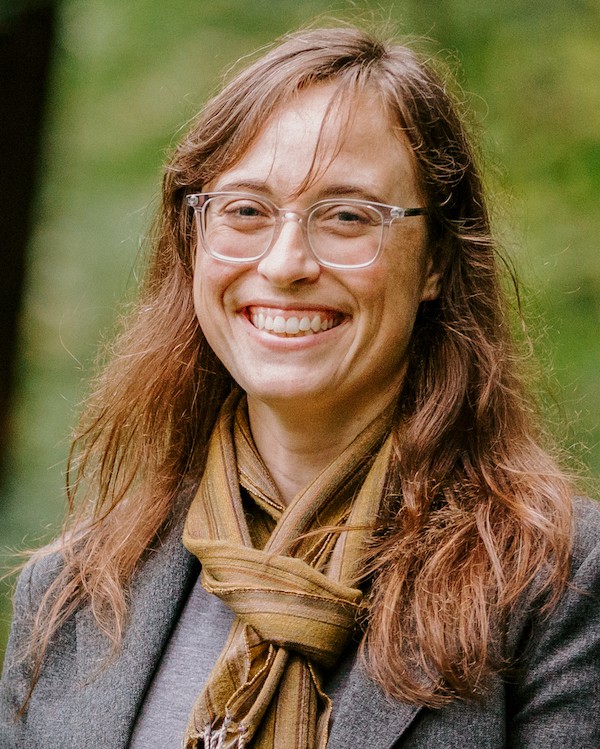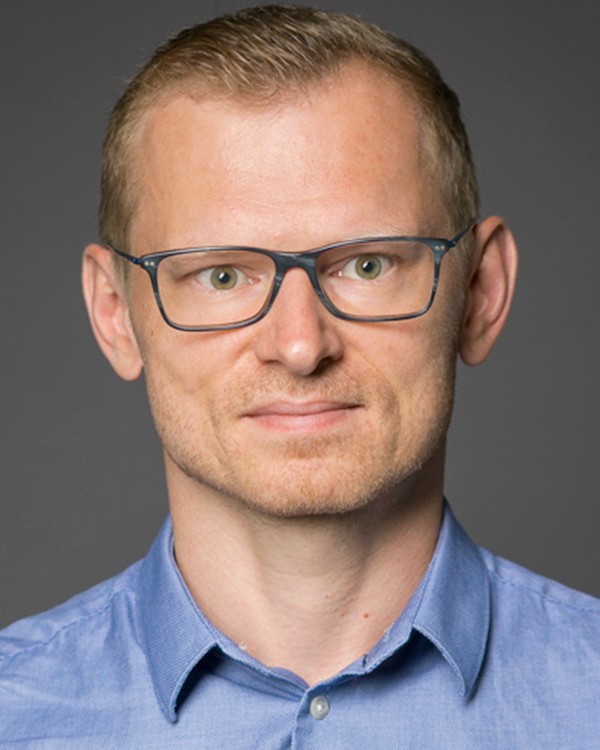Five early-career faculty win Sloan Research Fellowships
By Tom Fleischman, Cornell Chronicle
Assistant professors Eshan Chattopadhyay, Debanjan Chowdhury, Andrew Musser, Angeline Pendergrass and Andrej Singer have won 2023 Sloan Research Fellowships from the Alfred P. Sloan Foundation.
The fellowships, established in 1955, support early-career faculty members’ original research and education related to science, technology, mathematics and economics.
Chattopadhyay is in the Department of Computer Science, in the Cornell Ann S. Bowers College of Computing and Information Science; Chowdhury is in the Department of Physics, in the College of Arts and Sciences (A&S); Musser is in the Department of Chemistry (A&S); Pendergrass is in the Department of Earth and Atmospheric Sciences, in the College of Agriculture and Life Sciences; and Singer is in the Department of Materials Science and Engineering in Cornell Engineering.
The five are among 126 researchers in the United States and Canada who this year have received two-year, $75,000 fellowships to advance their work.
“Sloan Research Fellows are shining examples of innovative and impactful research,” said Adam F. Falk, president of the Alfred P. Sloan Foundation. “We are thrilled to support their groundbreaking work and we look forward to following their continued success.”
Chattopadhyay’s main research area is computational complexity theory, a discipline within theoretical computer science that tries to understand the intrinsic hardness – or ease – of problems with respect to computational resources. A particular focus has been understanding the role of random bits in computation, a resource that is as valuable as compute time or memory.
His research has made advances in finding efficient ways to generate truly random bits that are crucial for real-world applications – such as secure transactions over the internet – and understanding how to come up with generic ways of reducing the amount of randomness required in algorithms. Future work will explore the intrinsic need of randomness for efficient algorithm design.
Chowdhury is a theoretical physicist interested in addressing the fundamental principles that govern the emergence of new collective phenomena involving trillions of interacting electrons in solid-state materials. His main focus is developing theoretical methods that can describe and predict the quantum behavior of electrons leading to exotic forms of superconductivity and magnetism.
His work probes the relationship between the time scales that govern collisions among electrons in a class of highly unusual and “strange” metallic states and their ability to become dissipationless, high-temperature superconductors. The Sloan fellowship will help the group build on developments in seemingly unrelated areas of theoretical physics to address the origin of fundamental universal bounds on equilibration timescales in highly entangled electronic fluids.
Musser and his lab use ultrafast optical spectroscopy techniques to track, understand and manipulate the functional properties of complex organic materials. Projects range from fundamental investigation of light-matter interactions to optimizing material processing for high-efficiency light-emitting devices. Using time-resolved spectroscopy, researchers can record real-time “movies” of energy-relaxation processes and changes in material properties, capturing events that take as little as 50 femtoseconds.
Another research area involves organic optoelectronic materials, most of which are concerned with “bright” singlet states, meaning they can absorb and emit light. However, in functional devices the majority species are “dark” triplet states. These can be a major loss pathway – especially in electrically driven devices, where triplets are formed in 3:1 ratio over the desirable singlets. The group aims to develop new methods to harness these states for more efficient light-emitting devices and solar cells.
Pendergrass’ research focuses on extreme precipitation and its response to climate variability and change. Extreme precipitation events shape the land surface and threaten the natural and built environment, and are changing due to global warming. Robust information about how extreme precipitation events will change at scales small enough to be relevant is needed in order to make effective decisions about preparation and adaption.
Knowledge about past precipitation and how it will change in the future comes from disparate sources, including climate models that are coarse in spatial resolution but capture many of the essential physics and fluid dynamics of climate change. This research will use observations to create a new framework to quantify variation of precipitation intensity across time and space scales.
Singer and his lab are working to advance the fundamental understanding of electronic conductivity, ionic diffusion, adsorption during catalysis and (ir)reversible transformations in complex oxides for energy storage and future electronics. His lab’s approach is developing and using operando X-ray nanoimaging for mapping the local chemical and physical properties of these materials.
In the immediate future, the Singer group will leverage the versatility and control of layer-by-layer thin film deposition to develop rational selection rules for transition metal oxide electrode materials for energy storage and use intercalation for tuning electronic properties. Using the National Science Foundation-supported Platform for the Accelerated Realization, Analysis, and Discovery of Interface Materials (PARADIM), the lab will synthesize epitaxial thin films with various compositions and study their properties using a multimodal operando characterization approach.
Founded in 1934, the Alfred P. Sloan Foundation is a nonprofit institution dedicated to improving the welfare of all through the advancement of scientific knowledge.
Media Contact
Get Cornell news delivered right to your inbox.
Subscribe